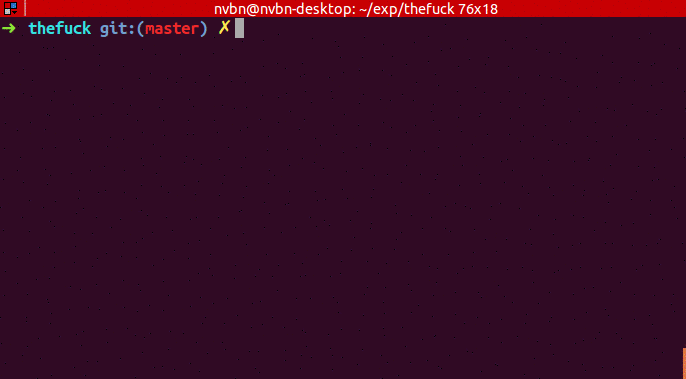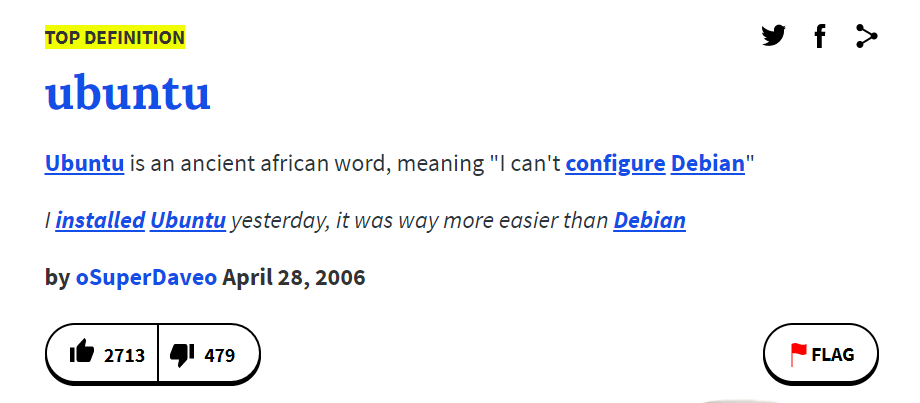Just like the Y2K problem affect some operating systems and applications, Linux has a similar issue where the 32-bit integer it uses to store time cannot do so after Tuesday, January 19, 2038 at 03:14:07.
Fortunately, developers are already working on a fix.
As a result, linux-5.6, or my backport of the patches to 5.4 [1], should
be the first release that can serve as a base for a 32-bit system designed
to run beyond year 2038, with a few remaining caveats:
- All user space must be compiled with a 64-bit time_t, which will be
supported in the coming musl-1.2 and glibc-2.32 releases, along with
installed kernel headers from linux-5.6 or higher.
- Applications that use the system call interfaces directly need to be
ported to use the time64 syscalls added in linux-5.1 in place of the
existing system calls. This impacts most users of futex() and seccomp()
as well as programming languages that have their own runtime environment
not based on libc.
- Applications that use a private copy of kernel uapi header files or
their contents may need to update to the linux-5.6 version, in
particular for sound/asound.h, xfs/xfs_fs.h, linux/input.h,
linux/elfcore.h, linux/sockios.h, linux/timex.h and linux/can/bcm.h.
- A few remaining interfaces cannot be changed to pass a 64-bit time_t
in a compatible way, so they must be configured to use CLOCK_MONOTONIC
times or (with a y2106 problem) unsigned 32-bit timestamps. Most
importantly this impacts all users of 'struct input_event'.
- All y2038 problems that are present on 64-bit machines also apply to
32-bit machines. In particular this affects file systems with on-disk
timestamps using signed 32-bit seconds: ext4 with ext3-style small
inodes, ext2, xfs (to be fixed soon) and ufs.




